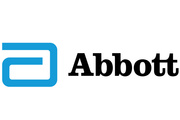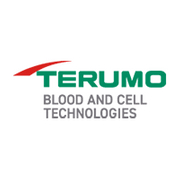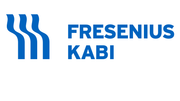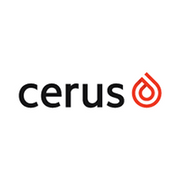This session was held on November 20 2023, during the 34rd Regional ISBT Congress that was held in Cape Town, South Africa from November 18-21, 2023.
The Mentorship - a springboard to research success session included the following presentations:
1. Marion Vermeulen: I TRY IT Program
2. Arwa Al Riyami: ISBT I TRY IT Program, Empowering Clinical Researchers through Mentorship
3. Abiy Belay Ambaye: Assessing the risk of Leishmaniasis to blood transfusion in Ethiopia with the support of ISBT I TRY IT program
MODERATORS: Riana Cockeran, Brian Custer
Abstract
I TRY IT Program
M Vermeulen1
1Transfusion Medicine and Technical Services, The South African National Blood Service, Johannesburg, South Africa
Introduction: During the 33rd regional ISBT congress held in Seoul in 2014, the leadership of the transfusion transmitted infectious disease (TTID) working party identified a lack of young researchers emanating from low- and middle-income countries (LMIC). Brian Custer, Marion Vermeulen and Michael Schmidt were requested to develop a mentorship program that would be funded by the ISBT TTID working party. Later in 2017 the program transitioned to the ISBT Academy and expanded to the Clinical Transfusion and Immunohaematology working parties.
Methods: A framework for the application process, selection criteria, syllabus, content and content delivery and a budget were developed. slides for each lecture were developed and modified through the years
Results: The program, named ISBT Transfusion Research Young Investigator Training (I TRY IT) was made up of two courses, I TRY IT part 1 (developing a research protocol) and I TRY IT part 2 (preparing a manuscript). Each course consists of between 10 and 12 didactic lectures delivered via a virtual meeting platform. Students in part 1 develop a protocol which at the end of the course is peer reviewed by another mentee and then reviewed externally to compete for one of three €5000 grants provided annually. Mentees should come from LMIC's, be under the age of 40, already working in blood transfusion and have support from their organisations management. The program commenced in 2015 and to date 67 participants from 27 countries have completed one of the courses. ISBT have provided 20 grants of which a number of projects have been completed. The mentors have expanded to six mentors of which 3, 2 and 1 are from the TTID, Clinical and immunohaematology Working parties.
Conclusion: The I TRY IT program has been successful in providing exposure, guidance and mentorship to young investigators in LMIC that has resulted in completed studies, ISBT presentations and a few manuscripts.
















